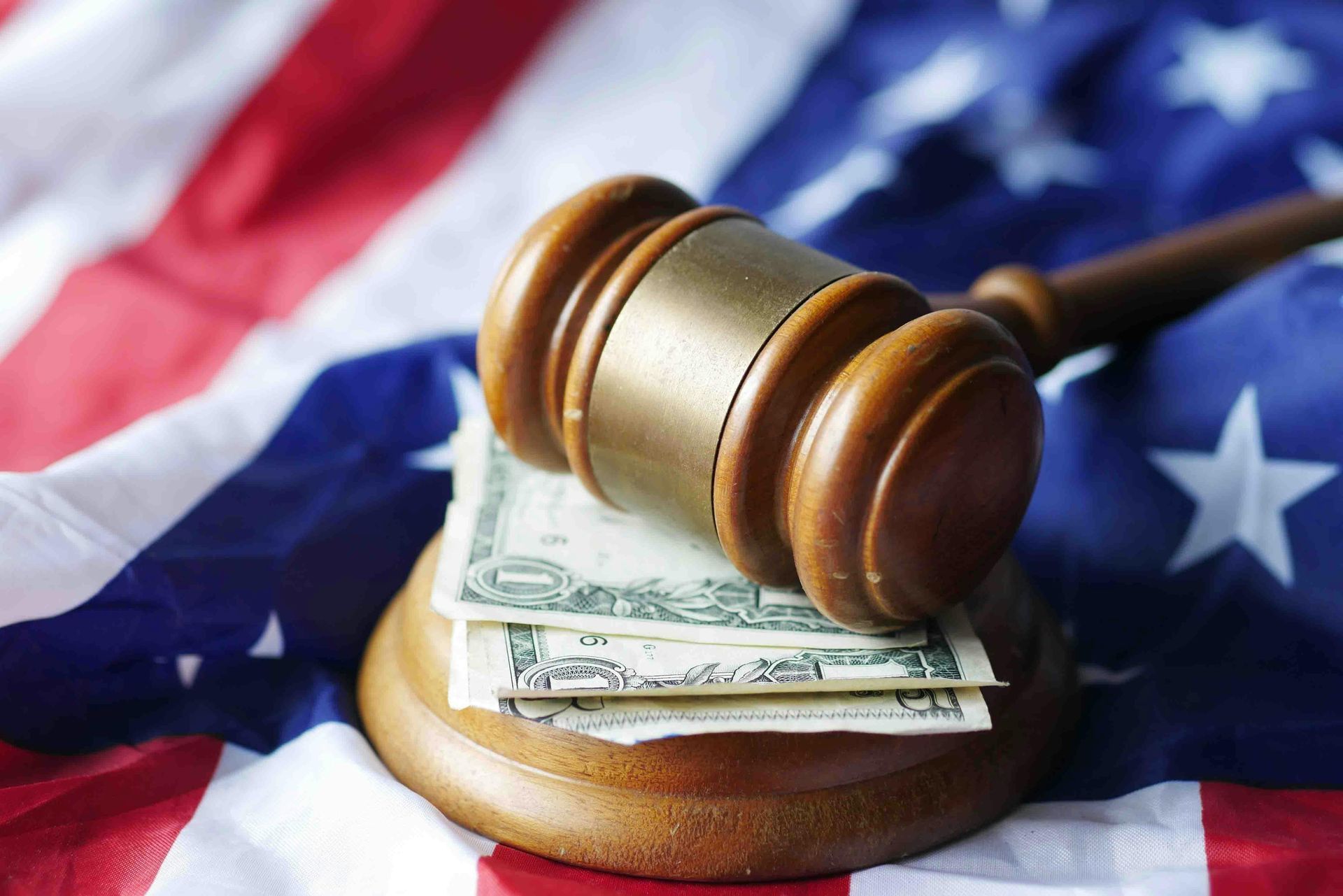How Chapter 7 Bankruptcy Can Stop Creditor Harassment and Collection Efforts: An Overview
How Chapter 7 Bankruptcy Can Stop Creditor Harassment and Collection Efforts: An Overview
Are you an individual residing in New Jersey who is currently being hounded by creditors and debt collection agencies? Is your financial situation spiraling out of control with no end in sight? Feeling helpless, drowned in debt and facing financial uncertainty can be an overwhelming experience. In such situations, seeking legal assistance from a bankruptcy attorney can go a long way in making sense of your financial situation and providing a pathway towards financial stability.
In this blog post, we will discuss how filing for Chapter 7 bankruptcy can help stop creditor harassment and collection efforts. We will also address common concerns like whether creditors can continue calling you after filing for bankruptcy.
When you file for Chapter 7 bankruptcy, an automatic stay gets implemented that prohibits creditors from continuing their collection efforts. This means that they cannot call, send letters, or sue you for debts that you owe once your bankruptcy petition is filed with the court. The automatic stay is designed to provide immediate relief to individuals struggling with debt. It offers breathing space from creditor harassment and helps you regain control of your finances.
However, it is important to note that the automatic stay only applies to debts that were incurred before the bankruptcy filing. For instance, if a debt arises after filing for bankruptcy, it will not be covered by the automatic stay. Similarly, some types of debts, like child support and tax debts, may still be pursued by creditors despite the automatic stay.
Once you file for bankruptcy, you are required to list all your creditors and the amount of debt you owe in your petition. This enables the court to create a bankruptcy estate to which all your creditors can submit their claims. They must do this within a set time frame, which usually lasts between 3 to 4 months. If the court approves your bankruptcy petition, your dischargeable debts will be released, and you will not be required to repay them.
However, it is important to seek legal help before filing for bankruptcy. A bankruptcy attorney can ensure that your paperwork is correct and complete. They can also provide you with insight into the exemptions available in New Jersey, which can determine whether you will lose any assets. It is important that you understand the implications of filing for bankruptcy before making any decisions that can impact your finances.
Dealing with creditor harassment is not an ideal situation to be in. Filing for Chapter 7 bankruptcy is a viable solution that can provide immediate relief to those struggling with debt. The automatic stay will stop all collection efforts and give you the breathing space you need to regain control of your finances. However, it is important to seek legal assistance from a qualified bankruptcy attorney before making any decisions. At Robert H Johnson LLC, we have helped many individuals in New Jersey through the bankruptcy process, and we are happy to extend our legal services to you. Contact us today for top-rated legal assistance.










